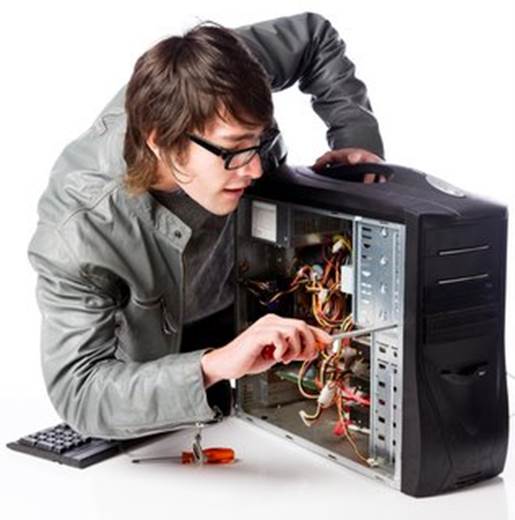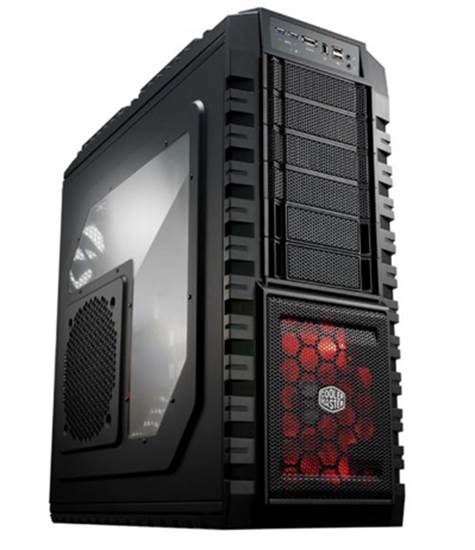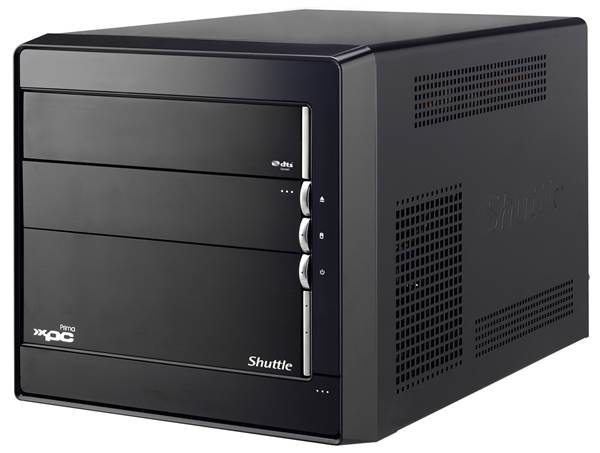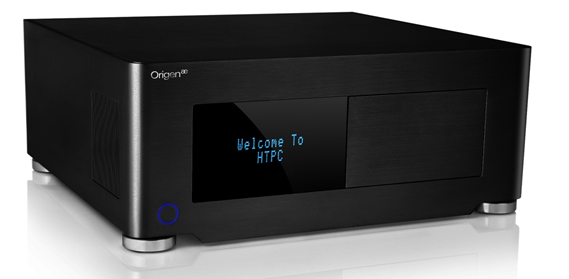You want to build a PC, but how do you start
choosing the right components? This guide helps you pick them out
Building your own PC is no mean feat.
Whether you’re selecting and assembling the components with your own two hands,
choosing them from an online system-building wizard, or even looking at an
off-the-shelf system to customise, you’ll have to decide what components you
want inside it. That means knowing which ones you want to prioritise and which
ones you’re willing to compromise on. You have to think about every component,
whether it’s big or small, cheap or expensive, familiar or unfamiliar.

How
to Choose The Right Components?
If you select the wrong piece of hardware,
it isn’t always easily corrected. One wrong decision can impact another, and it
could mean you end up with a system that doesn’t do what you want or a wallet
too empty to buy the things you need. Whether you’re after high-end power,
mid-range economy or entry-level cheapness, this guide will advise you on what
hardware to choose and why. We may not be able to make building a PC easy, but
we can at least make it easier!
What Type Of System Do I Want?
Before you choose any components, you need
to decide what kind of system you’re hoping to have built when the final piece
is slotted into place. Just as you wouldn’t buy the same car to journey across
the desert as you would to drive to the shops and back, computer systems are
built to fulfil a specific end role depending on what they’re going to be used
for. That’s one of the best reasons to give yourself a say in the process in
the first place: you can ensure that your specific needs get accommodated.
Here, we’ve narrowed the wide range of
potential systems down into five common categories of PC. Pick whichever is
closest to the one you want, and that’ll help you gauge the importance of
various components and guide your choices.
Gaming PC
In the majority of cases, computer games
are by far the most complicated pieces of software that any system ever runs.
They rely on intensive processor operations, specialised hardware and
cutting-edge technology to perform at their best, the upshot of which is that
they’re both sensitive and expensive. You can’t afford to cut corners, because
almost any attempt at a substantial saving will result in an instant
bottleneck.

The
best PCs outperform current-generation consoles by a spectacular margin, but
beware, because that goes double for their effect on your bank account.
Admittedly, you can turn a half-decent
workstation into a gaming-capable machine simply by adding a graphics card, but
there’s a difference between ‘capable’ and ‘impressive’. The best PCs outperform
current-generation consoles by a spectacular margin, but beware, because that
goes double for their effect on your bank account.
Silent PC
As the name suggests, silent PCs are built
to minimise the amount of noise they make. They’re not usually completely
noise-free, but you can get pretty close if you maintain a heavy focus on
cooling and component efficiency. More than any other type of system, this
means paying through the nose for specialist hardware, and there’s no way to
build a ‘budget’ silent PC. However, when you hit that power button and you
don’t hear anything except the click of a switch, we have to admit that it’ll
all seem worth it.

Silent
PCs are not usually completely noise-free, but you can get pretty close if you
maintain a heavy focus on cooling and component efficiency.
Workstation PC
Workstations are the type of system most of
us will be familiar with, whether from work, school or the shelves of our local
PC retailer. They tend to be mid-price, mid-power, and multi-purpose. Most are
capable of running simple games and applications, but they also twist to
accommodate almost any need, even if they struggle with certain intensive
tasks.
When building a workstation, the emphasis
is on balancing your budget and finding the best value components without
spending more than you need. And if you’re after something cheap or
entry-level, this is the category you’re aiming for.
Media Centre/Home Theatre
Media centres are designed to act as
entertainment hubs, which means your component choices tend to focus on
expanding the capabilities of the system, rather than improving its
performance. At the same time, you don’t want a computer that can’t keep up
with streaming video or drowns out the TV with fan noise while you’re trying to
watch it. It’s easy to shave money off a media centre’s PC budget by shopping
around for individual components, but don’t cut back too far!

Media
centres are designed to act as entertainment hubs, which means your component
choices tend to focus on expanding the capabilities of the system, rather than
improving its performance.
Compact PC
In a market when paper-thin laptops and
pocket-sized tablets are all the rage, it’s no surprise that you might want to
reduce your PC’s physical footprint too. When building a compact PC, it’s best
to start with the case and work your way inwards.
You will have to trade off power against
size, because small and ‘low profile’ components can be slightly more expensive
than most - but compact PCs also resist packing in the sort of extraneous
features that most systems tempt you with. Be wary of cheap cooling systems,
because the lack of ventilation and proximity of hardware pieces to one another
means spending less in that area is a bad idea.